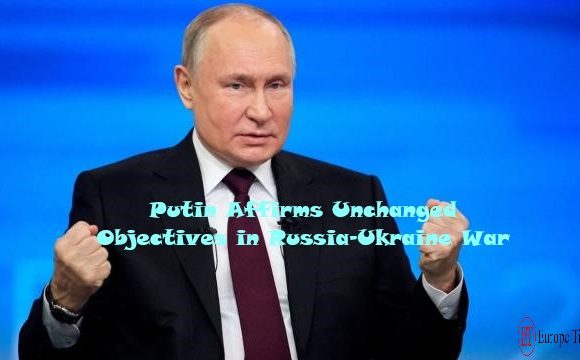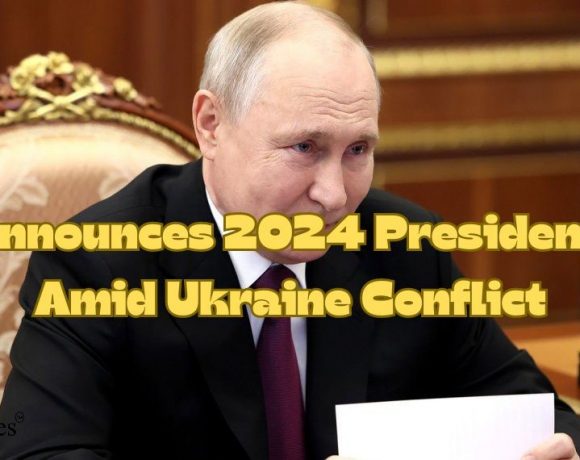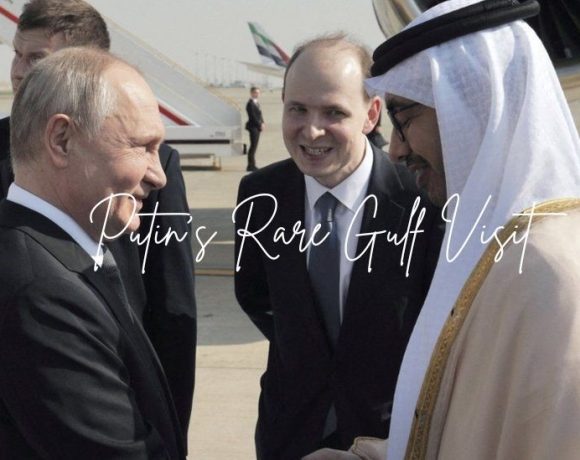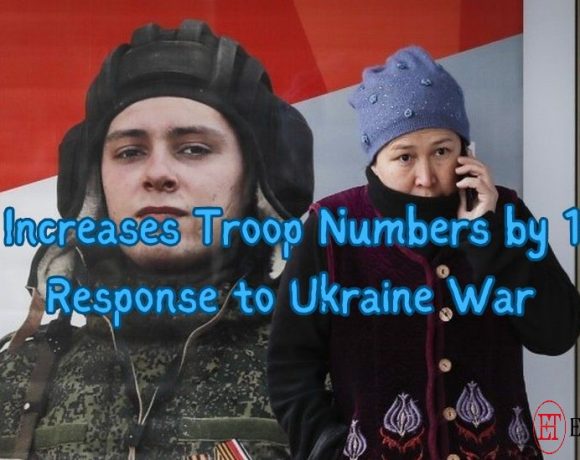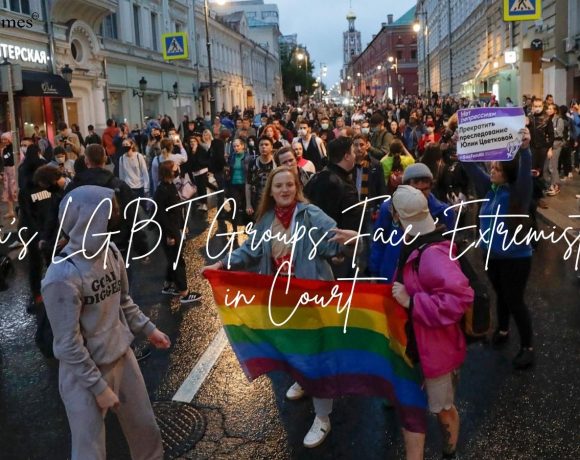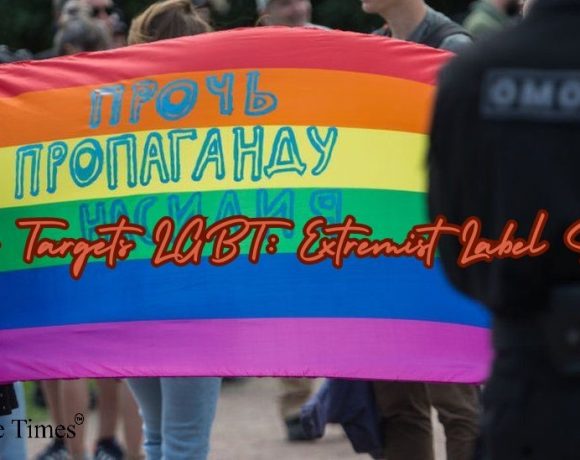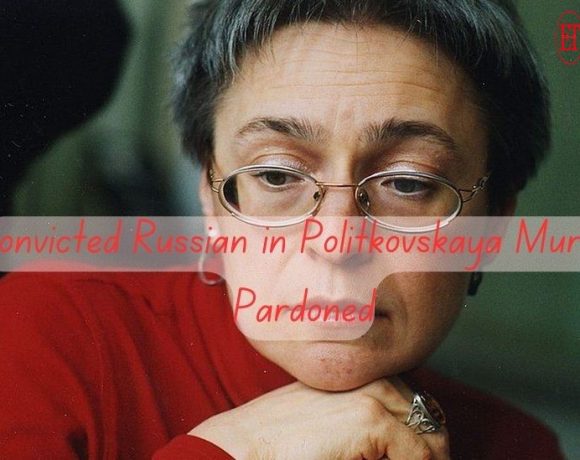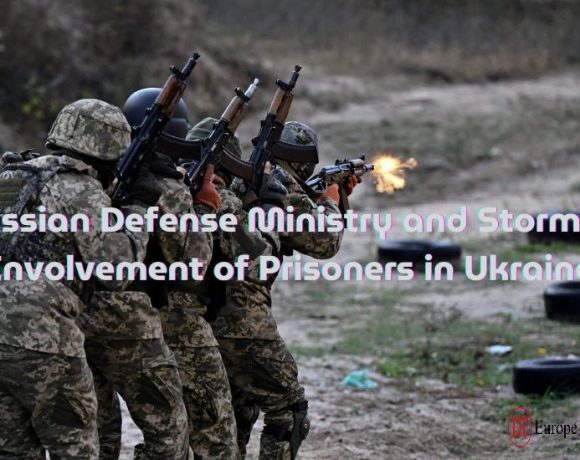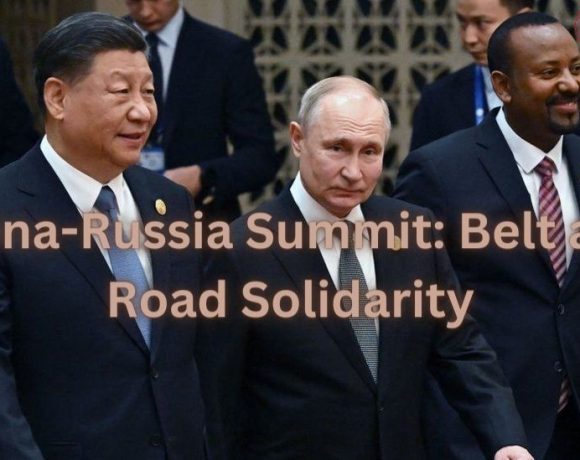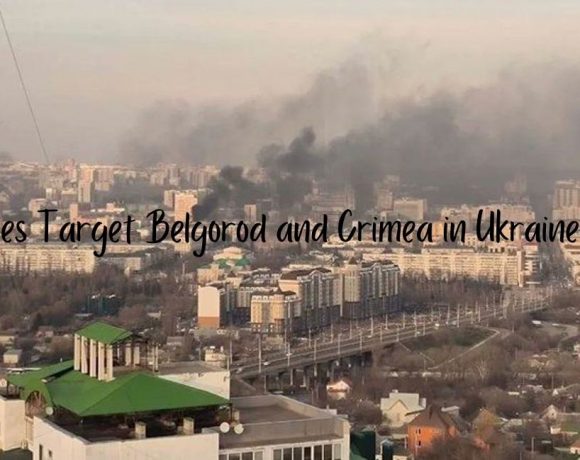
Russian authorities claim to have thwarted a Ukrainian attempt to attack a border city as the ongoing aerial conflict between the two nations escalates. They reported intercepting a dozen missiles targeting Belgorod, where 25 people lost their lives on Saturday. Ukraine has not provided a response.
This development follows Russia’s largest aerial bombardment on Ukraine, with President Volodymyr Zelensky stating that Russia deployed around 300 missiles and 200 drones over five days. The renewed attacks began last week, prompting a Ukrainian counterattack on Belgorod that resulted in over 100 injuries.
Zelensky revealed in a broadcast that Russia fired nearly 100 strategically chosen missiles on Tuesday, and Ukrainian forces successfully shot down 10 hypersonic ballistic missiles on that day alone. Ukrainian officials reported over 130 casualties from Tuesday’s attacks, including major cities like Kharkiv and Kyiv.
In response, Russia’s air defense system intercepted 12 missiles targeting Belgorod overnight, causing one fatality and five injuries in the region. Explosions were also heard in Sevastopol, the largest city in Russian-occupied Crimea, where a missile was shot down over the port with no reported casualties or damage.
Ukrainian Ambassador to the US, Oksana Markarova, expressed that Ukraine anticipated Russia’s recent bombardment but stressed the need for more weapons to effectively respond and send a clear message to Russia to halt its actions.
Russian President Vladimir Putin has pledged to increase strikes in retaliation for Ukraine’s recent attacks on Belgorod.
Picture Courtesy: Google/images are subject to copyright

